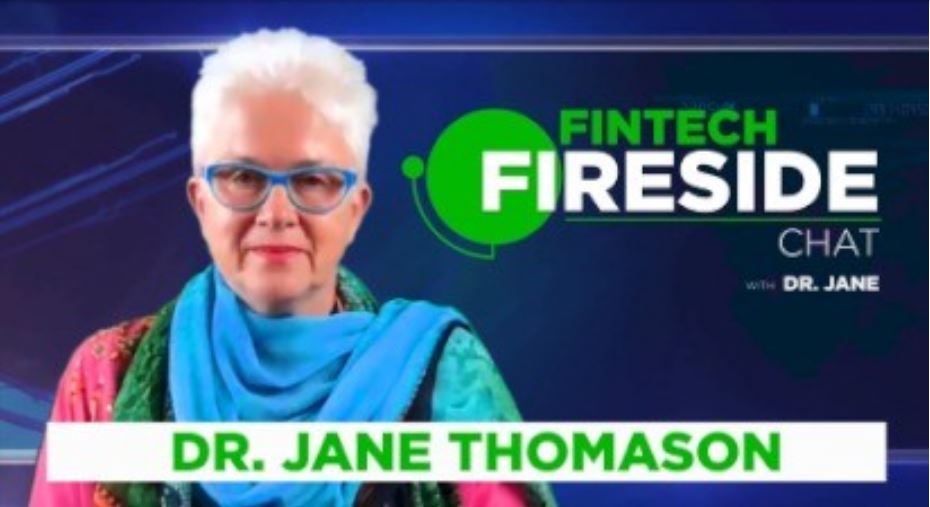Over the past few weeks in lockdown, I have spent many hours in discussion with friends, colleagues and fintech thought leaders globally on the changes thrust upon us as we live through the first global pandemic of our lifetimes. Whilst many people’s time has been spent adjusting to the new way of living, others have joined volunteer corps to help the local community and some have accelerated tech they were already building, and most of us have had moments of reflection on the past, the present and the post-pandemic future. We are learning how to survive in a distributed way and many are developing tech to help us. New forms of leadership are needed and an interesting discussion with JuliaStreets highlights the new leadership skills for this distributed virtual world. The popular #Crypto Curry Club has gone virtual, with or without curry. Others are helping us cope with feeling overwhelmed. In this post, I share 4 key takeaways from talking to fintech leaders over the past few weeks.
The Pandemic Creates Opportunities for Fintech
A plethora of fintech opportunities have been created through the Pandemic, ranging from Blockchain for insurance claims, where Ant Financial has been able to process claims and make payouts to participants quicker, due to the decentralised, trust-free nature of blockchain technology,” an Ant Financial spokesman told the South China Morning Post to increased crypto trading . Crypto exchanges have been profiting from the spike in volatility and trading volumes and some have had their highest trading volumes ever. Indeed, a quarterly report on crypto exchanges by crypto research firm CryptoCompare said that while trading volumes on cryptocurrency exchanges have gradually been increasing each month this year, March saw a 35 percent increase in trading volume “from many of the largest Top Tier exchanges” over February. Crypto derivatives volumes also saw a 5 percent increase from February. As we rapidly move towards a global recession, Bitcoin could be attractive to people looking for deflationary assets to preserve their money’s value.
